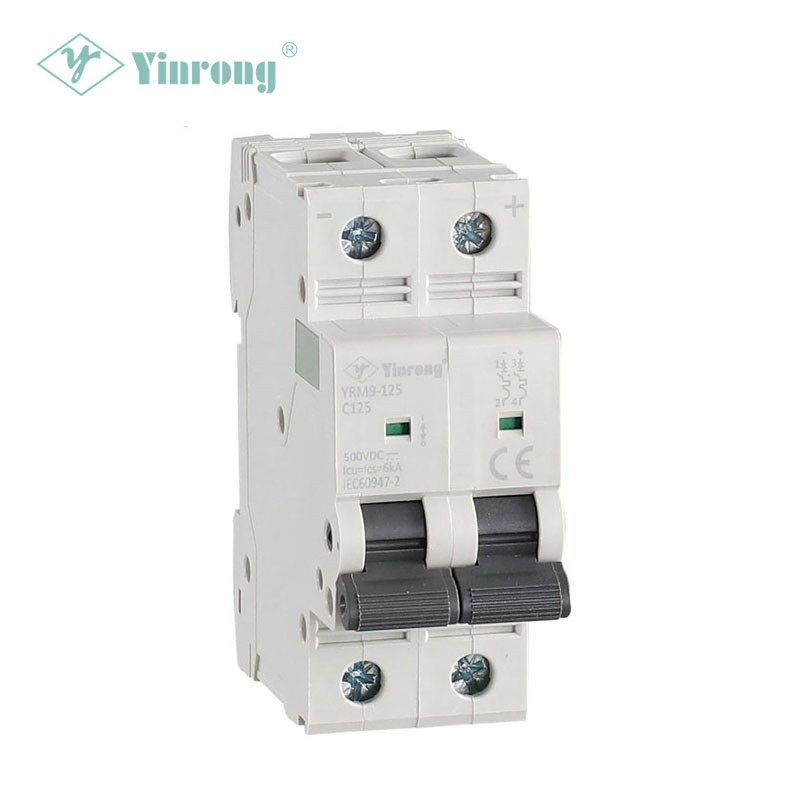How to Test and Maintain a DC Miniature Circuit Breaker
2025-08-19
A DC Miniature Circuit Breaker (MCB) is a critical safety component in solar systems, electric vehicles, and industrial applications. Proper testing and maintenance ensure long-term reliability and prevent unexpected failures. But how do you check if your breaker is functioning correctly? And what steps can you take to extend its lifespan?
As an electrical safety expert with decades of experience, I’ve seen many systems fail due to neglected breakers. In this guide, I’ll share practical tips on testing and maintaining your DC Miniature Circuit Breaker, along with key product specifications from Galaxy Fuse—a trusted name in circuit protection.

What Are the Key Tests for a DC Miniature Circuit Breaker?
Before relying on your breaker, perform these essential checks:
1. Visual Inspection
-
Check for cracks, burns, or discoloration on the housing.
-
Ensure terminals are tight and corrosion-free.
-
Verify proper labeling (voltage, current rating).
2. Manual Trip Test
-
Switch the breaker ON, then manually trigger the trip mechanism.
-
It should cut off power immediately without sticking.
3. Insulation Resistance Test
-
Use a megohmmeter (500V DC) to measure resistance between poles.
-
A reading below 1MΩ indicates potential insulation failure.
4. Load Testing
-
Gradually apply rated current and observe for overheating.
-
The breaker should trip within specifications under overload.
How Often Should You Maintain a DC Miniature Circuit Breaker?
| Maintenance Task | Frequency | Tools Needed |
|---|---|---|
| Visual Inspection | Every 6 months | Flashlight |
| Terminal Tightening | Annually | Screwdriver |
| Functional Trip Test | Every 12 months | Multimeter |
| Full Performance Test | Every 2-3 years | Megohmmeter |
Galaxy Fuse DC MCBs are built for durability, but regular checks ensure optimal performance.
DC Miniature Circuit Breaker FAQ
Q: Can I use an AC circuit breaker for DC applications?
A: No. DC Miniature Circuit Breakers are specially designed to extinguish DC arcs, which are harder to interrupt than AC arcs. Using an AC breaker in a DC system can lead to dangerous failures.
Q: Why does my DC MCB trip randomly?
A: Common causes include:
-
Loose connections (check terminals)
-
Overload (verify system current)
-
Environmental factors (moisture, dust)
If the issue persists, consider upgrading to a Galaxy Fuse model with higher tolerance.
Q: How do I know if my DC breaker needs replacement?
A: Replace it if you notice:
-
Delayed tripping (safety risk)
-
Physical damage (cracks, melted parts)
-
Inconsistent performance (frequent nuisance trips)
Need a High-Performance DC Miniature Circuit Breaker?
A well-maintained DC Miniature Circuit Breaker ensures system safety and efficiency. For industrial-grade protection, Galaxy Fuse offers high-voltage DC MCBs with superior arc suppression and durability.
Got a complex setup? Our team can help—Contact Us Now for expert advice!


